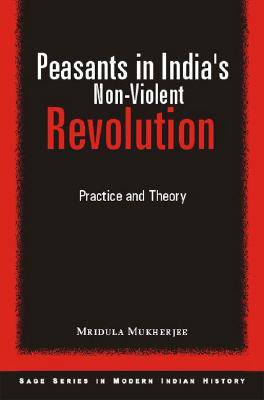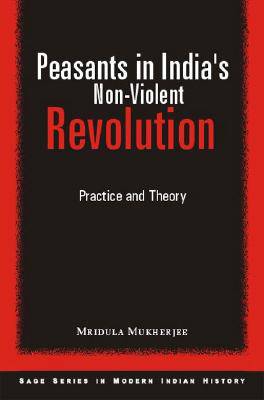
Door een staking bij bpost kan je online bestelling op dit moment iets langer onderweg zijn dan voorzien. Dringend iets nodig? Onze winkels ontvangen jou met open armen!
- Afhalen na 1 uur in een winkel met voorraad
- Gratis thuislevering in België vanaf € 30
- Ruim aanbod met 7 miljoen producten
Door een staking bij bpost kan je online bestelling op dit moment iets langer onderweg zijn dan voorzien. Dringend iets nodig? Onze winkels ontvangen jou met open armen!
- Afhalen na 1 uur in een winkel met voorraad
- Gratis thuislevering in België vanaf € 30
- Ruim aanbod met 7 miljoen producten
Zoeken
€ 76,95
+ 153 punten
Omschrijving
At a time when a majority of scholars engage in studies on class, religion, ethnicity and gender, this study forcefully demonstrates that peasants as a category and their problems continue to excite considerable academic debate.
Divided into two parts, the book first reconstructs the political world of the peasants of Punjab and forms the empirical base on which rests the subsequent theoretical and methodological discussion. It captures their struggles at the national level as well as their everyday struggles on purely class or peasant issues.
The second part makes important interventions in the theoretical debates regarding the role of peasants in revolutionary transformation in the modern world. The author argues that the automatic association of revolution with large-scale violence has resulted in the refusal to recognize the non-violent yet revolutionary political practice of peasants in the Indian National Movement. The author subjects to critical scrutiny a wide range of theoretical models and argues that the political practice of the Indian peasants cannot be fit into any theoretical straightjacket.
Divided into two parts, the book first reconstructs the political world of the peasants of Punjab and forms the empirical base on which rests the subsequent theoretical and methodological discussion. It captures their struggles at the national level as well as their everyday struggles on purely class or peasant issues.
The second part makes important interventions in the theoretical debates regarding the role of peasants in revolutionary transformation in the modern world. The author argues that the automatic association of revolution with large-scale violence has resulted in the refusal to recognize the non-violent yet revolutionary political practice of peasants in the Indian National Movement. The author subjects to critical scrutiny a wide range of theoretical models and argues that the political practice of the Indian peasants cannot be fit into any theoretical straightjacket.
Specificaties
Betrokkenen
- Auteur(s):
- Uitgeverij:
Inhoud
- Aantal bladzijden:
- 560
- Taal:
- Engels
- Reeks:
- Reeksnummer:
- nr. 5
Eigenschappen
- Productcode (EAN):
- 9780761996866
- Verschijningsdatum:
- 1/09/2004
- Uitvoering:
- Hardcover
- Formaat:
- Genaaid
- Afmetingen:
- 164 mm x 247 mm
- Gewicht:
- 948 g

Alleen bij Standaard Boekhandel
+ 153 punten op je klantenkaart van Standaard Boekhandel
Beoordelingen
We publiceren alleen reviews die voldoen aan de voorwaarden voor reviews. Bekijk onze voorwaarden voor reviews.











